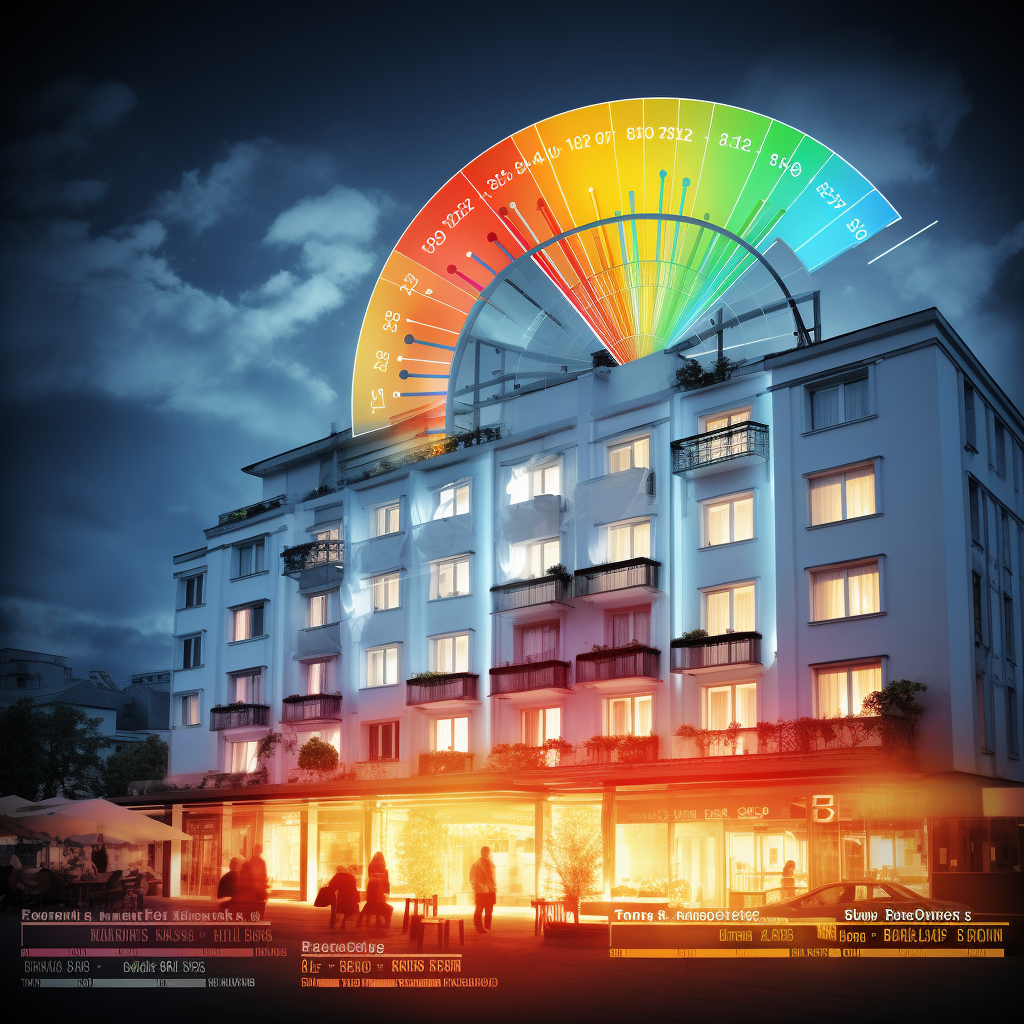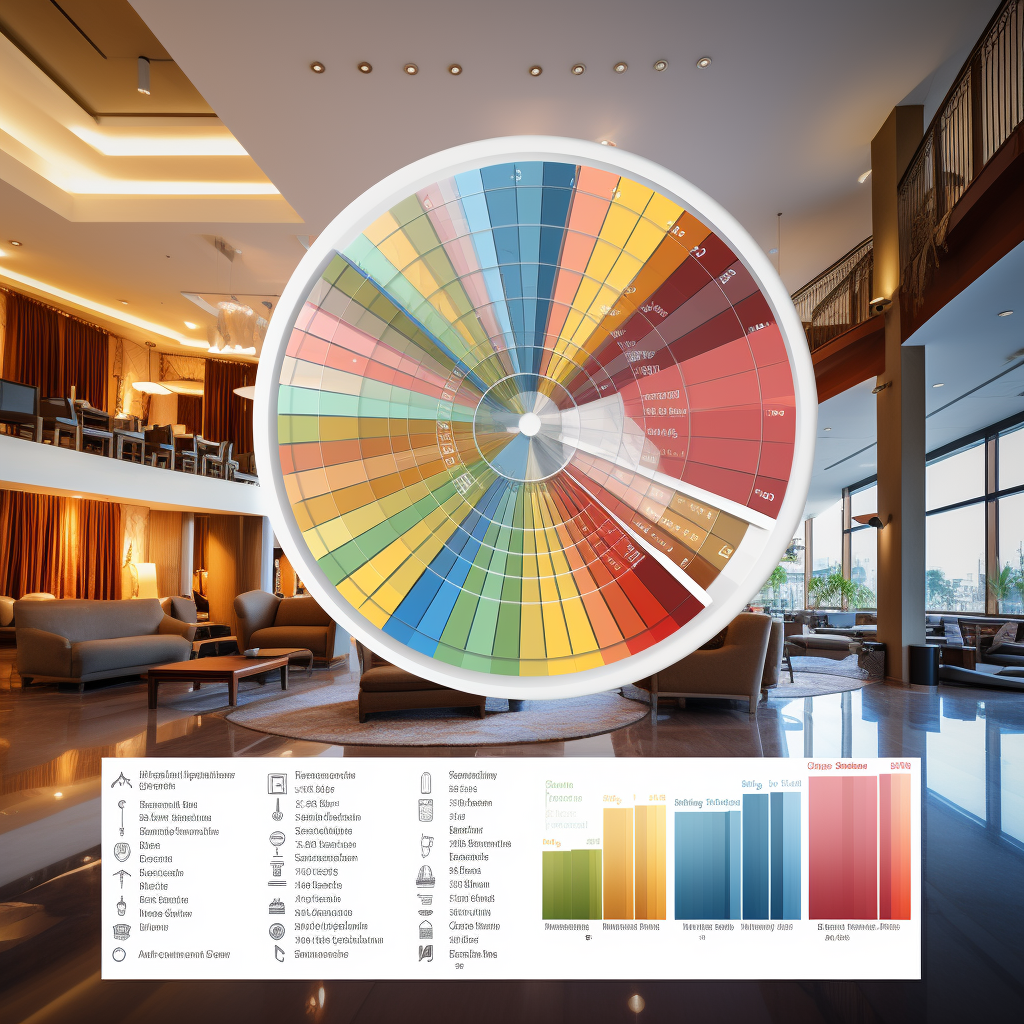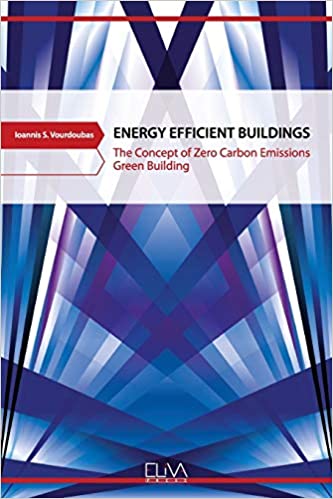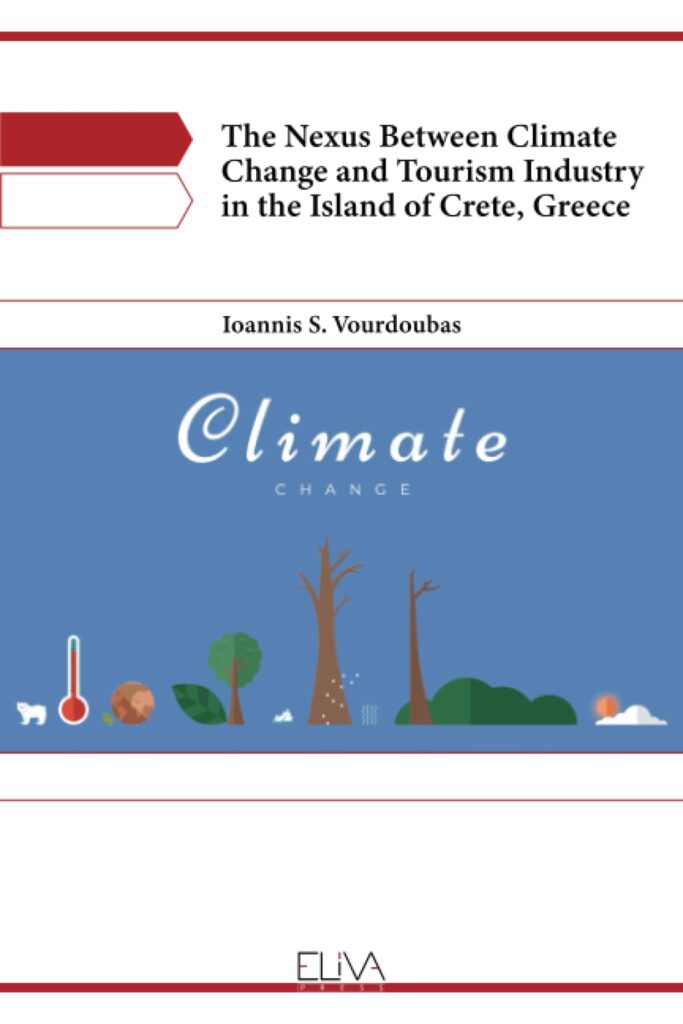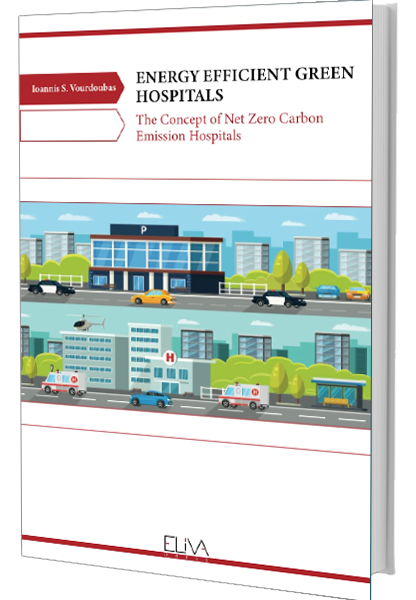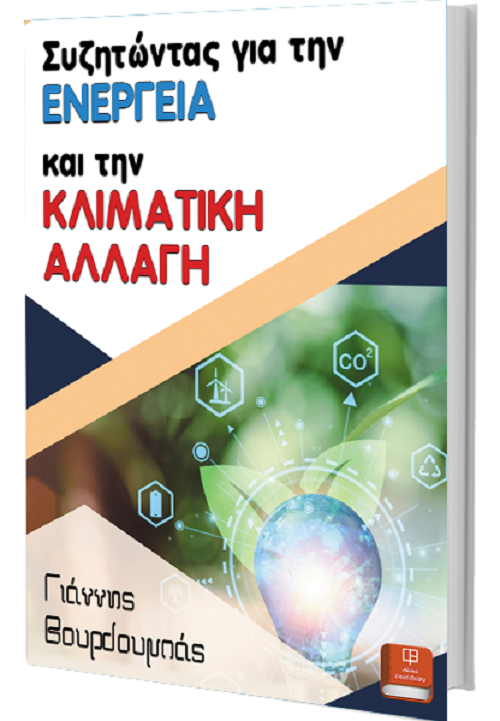Why Hotels Should Zero their Net-Carbon Emissions
Hotels should minimize or zero their net-carbon footprint due to energy use for many reasons including:
- It is profitable. They can reduce their annual operating costs,
- They will comply with international policies for climate change mitigation and adaptation,
- They will increase their energy security and self-sufficiency,
- They will improve their image in the local society creating a clean energy enterprise in the local community,
- They will promote energy investments and jobs creation,
- They will increase their resilience in extreme weather events and in electricity outages,
- They will be secured against future increases in the price of fuels and electricity.
Zeroing net-carbon emissions
due to energy use in hotels is technically feasible and economically viable. The required energy saving technologies as well as many low or zero-carbon emission technologies are mature, reliable, well-proven and cost-effective. The existing legal framework in many countries favors the de-carbonization of existing hotels while there are many financial instruments and mechanisms allowing the funding of the necessary sustainable energy investments. There are also several carbon offsetting schemes allowing to offset any remaining carbon emissions in hotels and achieving carbon neutrality.
Tips for hotels to achieve carbon neutrality
- Replace the machinery and devices which use oil or gas with others using electricity.
- Promote energy saving.
- Generate heat and electricity on-site or off-site using renewable fuels instead of using oil-based fuels and grid electricity.
- Purchase electricity from green energy providers or participate in an energy cooperative/community generating green energy.
- Offset any remaining carbon emissions with the existing offsetting mechanisms.
- Promote green transportation among the staff and the guests.
Achievement of net-zero emission hospitals complies with the 7th Sustainable Development Goal of the United Nations for “Affordable and Clean Energy“, the 11th Sustainable Development Goal for “Sustainable Cities and Communities” and 13th Sustainable Development Goal for “Climate Action“.
Energy demand
in hotels is high compared with other types of private and public buildings. They utilize mainly fossil fuels and grid electricity in their daily operations while the use of renewable energies in heat and electricity generation is very low.
Climate change
consists of the most important environmental problem worldwide causing many environmental and economic disasters in poor, developing and developed countries. Mitigation of climate change requires the replacement of fossil fuels used in energy generation with green carbon-free electricity and fuels. European Union as well as many other countries have decided to zero the net-carbon emissions, due to energy use, by 2050.
Adaptation to climate change
requires to increase the resilience in extreme weather events. Hotels are complex organizations operating continuously all over the year consuming large amounts of energy and fuels in their premises.
OTHER PUBLICATIONS
Books:
Publications in Scientific Journals:
-
- Vourdoubas, J. (2015). Creation of hotels with zero CO2 emissions due to energy use: a case study in Crete, Greece, Journal of Energy and Power Sources, 2(8), 301-307.
- Vourdoubas, J. (2016). Energy consumption and use of renewable energy sources in hotels: A case study in Crete, Greece, Journal of Tourism and Hospitality Management, 4(2), 75-87.
- Vourdoubas, J. (2019). Possibility of using solar energy for the creation of carbon neutral hotels in Mediterranean countries, Energy and Environment Research, 9(1), 1-8.
- Vourdoubas, J. (2019). Possibilities of using hybrid solar PV/T systems and other solar energy technologies in hotels in the Mediterranean region, American Scientific Research Journal of Engineering, Technology and Sciences, 54(1), 162-172.
- Vourdoubas, J. (2020). Possibilities of using fuel cells for energy generation in Greek hotels, Journal of Tourism and Hospitality Management, 8(1), 51-58.
- Vourdoubas, J. (2021). Use of distributed generation technologies in hotels, International Journal of Global Sustainability, 5(1), 1-14.
- Vourdoubas, J. (2023). Climate change adaptation of tourism industry in the island of Crete, Greece, Journal of Business and Social Science Review, 4(3), 1-13.
- Vourdoubas, J. (2023). The impacts of Covid-19 pandemic on tourism industry in the island of Crete, Greece, Journal of Humanities and Social Sciences, 3(3), 72-80.
- Vourdoubas, J. (2022). The nexus between climate change and tourism industry in the island of Crete, Greece, Journal of Regional Development, 10(1), 1-13.
- Vourdoubas, J. (2022). Possibilities of developing energy tourism in the island of Crete, Greece, European Journal of Energy Research, 2(4), 1-7.
- Vourdoubas, J. (2020). The nexus between agriculture and tourism in the island of Crete, Greece, Journal of Agricultural Studies, 8(2), 393-406.
- Vourdoubas, J. (2020). An appraisal of Over-tourism on the island of Crete, Greece, International Journal of Global Sustainability, 4(1), 63-77.
- Vourdoubas, J. (2021). Estimating the use of distributed electricity generation technologies in tourism industry. In: Challenging issues on Environment and Earth Sciences, Vol. 7, Chapter 7, First Edition, Published by BP International.
- Vourdoubas, J. (2019). Carbon neutral campsites due to operational energy use in the Mediterranean region. Are they feasible? American Scientific Research Journal for Engineering, Technology and Sciences, 60(1), 202-211.
- Vourdoubas, J. (2016). Possibilities of creating swimming pools with zero CO2 emissions due to energy use in them, Asian Journal of Energy Transformation and Conservation, 3(1), 1-9.
- Vourdoubas, J. (2023). Possibilities of developing religious tourism in western Crete, Greece, Journal of Business and Social Science Review, 4(9), 1-13.
- Vourdoubas, J. (2023). Possibilities of developing thematic tourism related with digital nomads in the island of Crete, Greece, European Journal of Humanities and Social Sciences, 3(6), 63-72.
- Vourdoubas, J. (2020). The nexus between tourism and renewable energy resources in the island of Crete, Greece, American Scientific Research Journal for Engineering, Technology and Sciences, 63(1), 28-40.
- Vourdoubas, J. (2024). Potential and opportunities for the development of religious tourism in Western Crete, Greece,
About Our Company
Having long experience in academia and in the implementation of international research projects in the field of renewable energy technologies I thought that I should try to transfer my knowledge in supporting several private and public organizations to increase their sustainability…
Carbon offsetting
Carbon offsetting was introduced by United Nations (UN) linking the carbon market with sustainable development introduced in Kyoto protocol in 1997. The concept is related with the reduction or removal of atmospheric carbon emissions in private or public organizations.
Use of existing compliance or voluntary mechanisms for carbon offsetting can facilitate the achievement of net zero carbon emission hotels allowing the offsetting of any remaining carbon emissions in them at affordable cost.
Energy Investments
Hotel buildings consume large amounts of energy compared with other public and private buildings.
Improving their energy sustainability and decreasing their carbon footprint requires renewal of their old and polluting energy systems.
The cost of retrofitting their buildings as well as of replacing their old and inefficient energy equipment is high.
Our Services
